Obsessive Compulsive Disorder (OCD)
Therapists In Denver And Nearby Specializing In Obsessive Compulsive Disorder (OCD)
What is Obsessive-Compulsive Disorder (OCD)?
Obsessive-Compulsive Disorder (OCD) is one of various anxiety disorders. The U.S. Department of Health & Human Services defines OCD as “a common, chronic, and long-lasting disorder in which a person has uncontrollable, recurring thoughts (obsessions) and/or behaviors (compulsions) that he or she feels the urge to repeat over and over.” Obsessions are unwanted, intrusive thoughts, impulses or mental images that prompt anxiety. Compulsions are behaviors an individual with OCD feels compelled to do in to attempt to get rid of the obsessions. Almost all individuals have intrusive thoughts sometimes, but a person with OCD experience them more frequently and feel extreme distress if they don’t act on the impulses.
Click to continue reading There is an infinite amount of OCD subtypes, however, most individuals diagnosed with OCD fall into one of the following variations: Individuals with OCD experience a “better safe than sorry” mindset in an attempt to prevent damage or harm. They may experience behaviors and compulsions multiple, even hundreds, of times a day that may cause a significant impact in the life of someone affected. Symptoms of OCD typically begin gradually and may vary in severity throughout life as they may come and go, reduce over time, or worsen. The following list is not a complete list of symptoms, as other symptoms may be associated with these OCD as well. OCD can be successfully treated today through various methods, including therapy and counseling. The therapists displayed below specialize in treating clients with OCD, are credentialed with various insurance companies, and have varied availability to meet most client needs. Common OCD Variations
Symptoms and Signs
Getting Support with OCD

Kellee Myers , LAC / LPC
Offers sessions in-person and online
What led me to become a therapist was a lifelong curiosity about what makes us who we are as well as an interest in culture. I’m...
Gender: Woman
Pronouns: Prefer not to Share
-
80 Garden Center, Broomfield, CO 80020

Ben DeVoss , LPC
Offers sessions in-person and online
Let’s face it, life is difficult. While many people eventually find ways to manage their problems one way or another, working with...
Gender: Man
Pronouns: He/Him
-
825 Speer Blvd., Denver, CO 80218
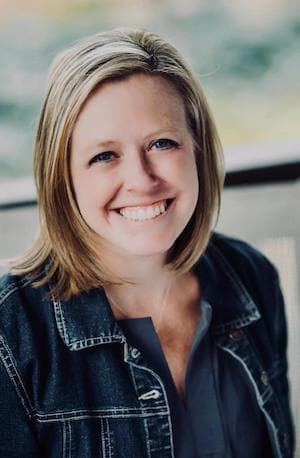
Rachel Mahoney , LCSW
Offers sessions in-person and online
Rachel Mahoney is a Licensed Clinical Social Worker with over 22 years of experience in working with children, adolescents and adults...
Gender: Woman
Pronouns: Prefer not to Share
-
7955 East Arapahoe Court, Centennial , CO 80112
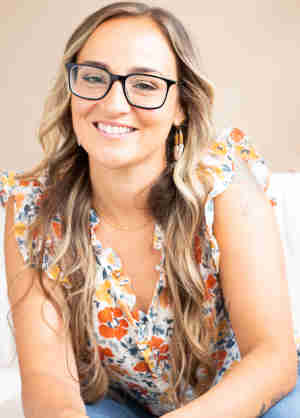
Kasandra Barr , LMFT
Offers sessions only online
Seeing clients over 19 years old.
Hi, I’m Kasandra Barr (She/Her/Hers)! I have been practicing therapy for almost 10 years. I earned my Masters degree in Counseling...
Gender: Woman
Pronouns: She/Her
-
Online Therapy Session, No Physical Location, CO
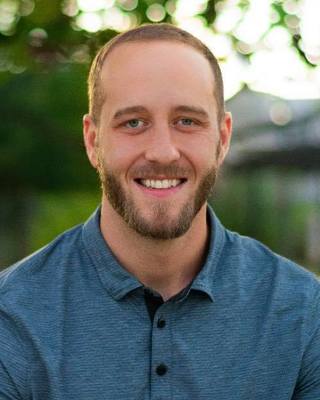
Tye Kemp , LPC
Offers sessions only online
The experience of life can be dark at times, but it is my sincere belief that with positive intention, dedicated effort, and genuine...
Gender: Man
Pronouns: He/Him
-
Online Therapy Session, No Physical Location, CO
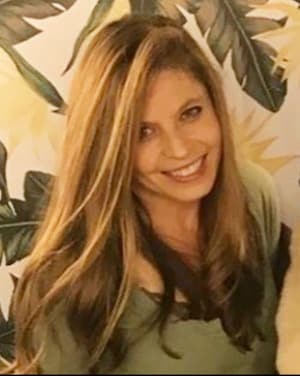
Erica Krakovitz , CAS / Ph.D.
Offers sessions only online
Our greatest accomplishments involve conquering our fears and insecurities. Sometimes fear and shame keep us stuck and prevent us from...
Gender: Woman
Pronouns: Prefer not to Share
-
Online Therapy Session, No Physical Location, CO
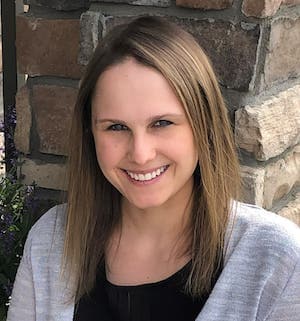
Brianna Roggow , LCSW
Offers sessions in-person and online
Lets be honest, life can be challenging. Whether you are a kid struggling with managing your emotions, a teenager figuring out who you...
Gender: Woman
Pronouns: She/Her
-
1650 38th St, Boulder, CO 80301

Mark Pennick , Ph.D.
Offers sessions in-person and online
Prefers online sessions, but offers some in-person.
I began my working to help people in 2002, doing direct services for people with developmental disabilities. My career has included post-graduate...
Gender: Man
Pronouns: He/Him
-
2373 Central Park Blvd., Denver, CO 80238

Lauran Jacks , LCSW / Psy.D.
Offers sessions only online
Thank you for viewing my profile. I have 3 graduate degrees, all in mental/behavioral health, licenses in Co. and CA., and I am comfortable...
Gender: Woman
Pronouns: Prefer not to Share
-
Online Therapy Sessions, No Physical Location, CO
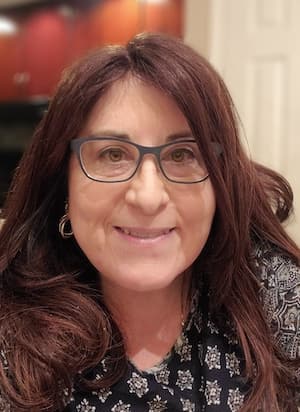
Wendy Klein , LCSW
Offers sessions in-person and online
Wendy is not taking new clients until April 2025/ New clients must complete the initial paperwork ahead of the first appointment
I am a strong advocate of mental health and believe that the state of mental health is on a continuum. Just like physical health needs...
Gender: Woman
Pronouns: She/Her
-
2050 S. Oneida Street, Denver, CO 80224

Lindy Steece , LMHC / LPC
Offers sessions only online
I am a believer in Dreams. I believe Life is short and quality counts. I am curious about your life: how you handle situations,...
Gender: Woman
Pronouns: Prefer not to Share
-
Online Therapy Session, No Physical Location, CO
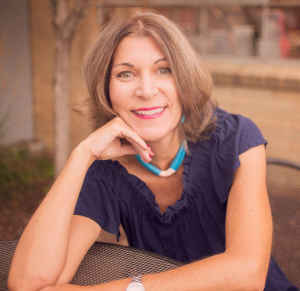
Lynne McRae , Psy.D.
Offers sessions only online
My name is Dr. Lynne McRae, and I am a Licensed Clinical Psychologist, Certified Clinical Anxiety Treatment Professional, Certified Community...
Gender: Woman
Pronouns: She/Her
-
Online Therapy Sessions, No Physical Location, CO


